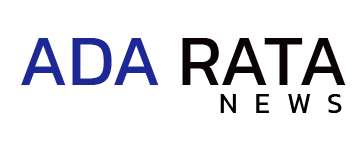Whether you’re a student job seeker or an experienced professional, one key concept to grasp is this: you are now in sales. The product you’re selling is YOU. The job interview is your chance to stand out in the eyes of the interviewer, or your “customer,” compared to other candidates, or your “competition.”
In today’s business world, successful companies focus on developing what’s known as a Unique Value Proposition. This concept, when applied to your job search, is about setting yourself apart from others by demonstrating why you are the best fit for the job. Essentially, you need to make the hiring decision an easy one by showing the unique value you bring, which helps reduce any risk in the interviewer’s mind.
So before heading into an interview, ask yourself these questions:
- What is my unique value for this company?
- What can I do, say, or show to make myself stand out from the competition?
- How convincing am I in communicating this?
The unfortunate truth is that many highly qualified candidates don’t get hired, not because they lack the skills, but because they fail to demonstrate their unique value in the interview. Now, you may be wondering, how do I create a value-add interview strategy? The process is simpler than it seems.
1. Identify Your Strengths
Write down a list of words that describe your unique strengths related to the position you’re applying for. Don’t stop at just a few words—aim for at least 15. You can also ask friends, family, or colleagues to help you brainstorm.
2. Acknowledge Your Weaknesses
Next, make a list of words describing potential weaknesses related to the position. Be honest, but don’t dwell on these. The goal is to know them so you can address them with confidence.
3. Turn Strengths and Weaknesses into Sentences
For each strength, create a simple sentence. For example, if “experience” is a strength, your statement could be, “I am experienced.” Do the same with your weaknesses, turning them into sentences, too.
4. Transform Sentences into Questions
Now, turn each sentence into a question. For example, “I am experienced” becomes, “Why am I experienced?” This process helps you explore the real value of each strength, and how it benefits the company. It’s not enough to say you’re experienced; you need to explain how your experience will directly benefit the organization and make the hiring decision easier for them.
It’s equally important to prepare for questions about your weaknesses. Understand why each weakness might be an issue for the position, and how you plan to address it.
Conclusion
In business, the value you offer is directly tied to your ability to communicate a unique value proposition. The more effectively you can do this in an interview, the better you will stand out as a candidate. Remember, in any job interview, you are the product you’re selling. The interviewer is your customer—and your unique value-add will make all the difference in landing the job.

